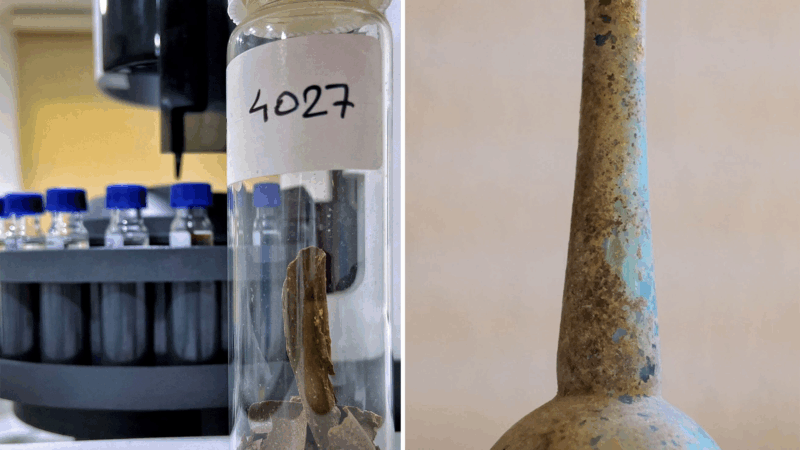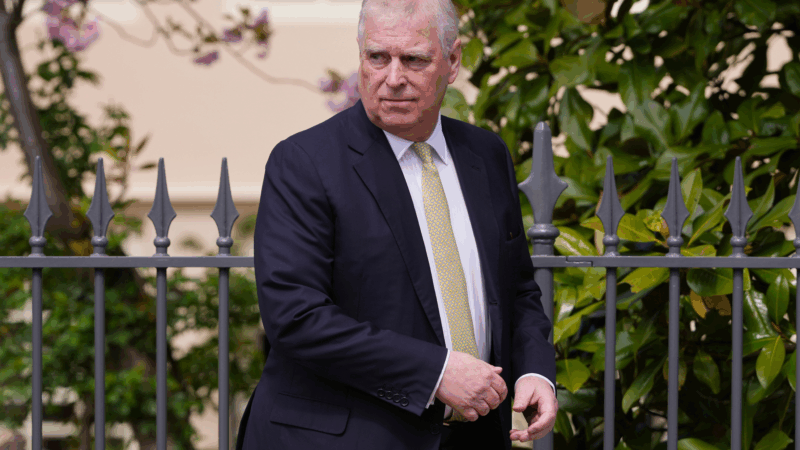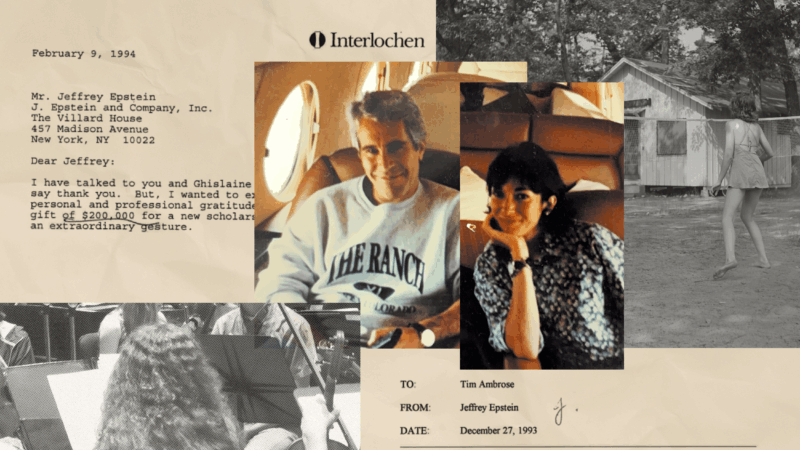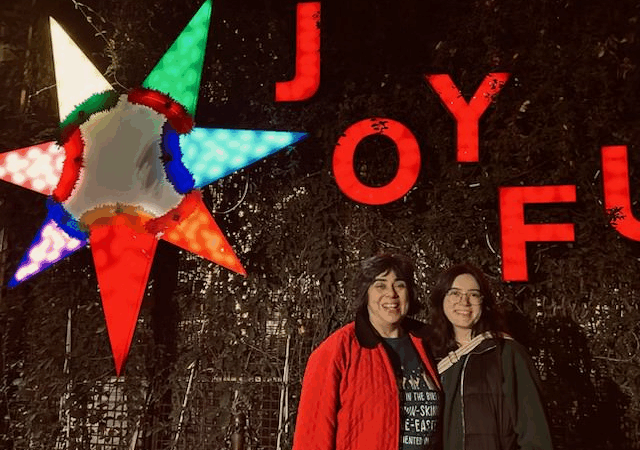What to know about the Nobel Peace Prize
Anticipation is growing and bookies around the world are taking bets on who’ll be awarded this year’s Nobel Peace Prize, with President Trump among the most high-profile — and controversial — contenders.
On Friday, the Norwegian Nobel Committee will announce the winner. The committee says the award goes to the person or organization that has done the most “for fraternity between the nations and the abolition or reduction of standing armies and the formation and spreading of peace congresses.”
Trump has received multiple nominations and has never made a secret of his desire to win the prestigious accolade. And, as the first phase of his Gaza peace plan makes headway, the focus on the prospect of him winning is intensifying.
Here’s what to know ahead of this year’s announcement.
How did the peace prize come about?
In his 1895 will, Swedish inventor and businessman Alfred Nobel declared his fortune should be divided into five parts to honor outstanding achievements in physics, chemistry, physiology or medicine, literature and for work in peace.
The first prizes were given in 1901 and are now announced every October and awarded in a ceremony in December. In 1968, a new prize was established — the Sveriges Riksbank Prize in Economic Sciences.
Thousands of people can choose to nominate a person or organization as a candidate for the peace prize, though you cannot nominate yourself. Those eligible to nominate a candidate include members of national governments, officials with international peace organizations, university professors and former recipients.
The recipients of four of the prizes are decided by a Swedish committee, while the recipient of the peace prize is decided by a Norwegian committee composed of five members appointed by the Norwegian parliament. The peace prize committee deliberates in secret for months before coming up with a shortlist and narrowing it down to pick the winner.
The winner of the Nobel Peace Prize receives a medal and about $1.17 million in prize money.
Who has won it in the past?
Some of the world’s most famous names have won in the past, including former South African presidents Nelson Mandela and F.W. de Klerk in 1993 for bringing a peaceful end to apartheid and Martin Luther King Jr. in 1964 for his nonviolent civil rights struggle. Mother Theresa, the Dalai Lama and Malala Yousafzai are also all past winners.
The prize has also gone to people or groups that are not household names. Last year it was awarded to Nihon Hidankyo, a Japanese grassroots movement of atomic bomb survivors from Hiroshima and Nagasaki.
The awarding of the prize has also courted controversy. Former U.S. Secretary of State Henry Kissinger received the prize in 1973 along with North Vietnam’s chief communist negotiator, Le Duc Tho, for establishing the Paris Peace Accords — which led to America’s exit from the Vietnam War. Tho declined the award, but the decision to award Kissinger shocked many of his critics who saw him as a warmonger.
Also controversial was President Barack Obama’s Nobel Peace Prize in 2009, just months into his first term. Some criticized the decision, saying the president hadn’t had time to prove himself. Ethiopian Prime Minister Abiy Ahmed received the award for efforts to reach peace with neighboring Eritrea in 2019. He later went on to wage a brutal war in Ethiopia’s northernmost region of Tigray.
Leaders in the Americas, including Costa Rica and Colombia, as well as human rights defenders in Russia, Belarus and Ukraine have also won the award.
Who is nominated this time?
There are 338 candidates for the Nobel Peace Prize this year — 244 individuals and 94 organizations.
At the center of intense speculation about this year’s award is President Trump, who is currently engaged in negotiations to end the war in Gaza.
The Nobel website does not list the candidates, although some of the nominators have told the media who they’ve put forward. Cambodian Prime Minister Hun Manet and Israeli Prime Minister Benjamin Netanyahu have both confirmed they nominated Trump.
Trump has repeatedly said he deserves the prize, saying he’s ended multiple wars this year already, although fact-checkers dispute the claim as several conflicts he has attempted to end remain ongoing. Earlier this year he said at the White House: “They will never give me a Nobel Peace Prize. I deserve it, but they will never give it to me.”
Other names making the rounds as possible winners this year include Sudan’s Emergency Response Rooms, a volunteer network helping civilians despite great risk in the midst of the country’s civil war, and Yulia Navalnaya, the widow of Russian opposition politician Alexei Navalny.
In terms of the likelihood of Trump winning, the Gaza ceasefire may come too late to change the outcome of this year’s award, and the committee is known to value sustained peace efforts over quick political wins.
However, as of Thursday morning, bookmakers’ odds had Trump and the Sudanese group as the joint favorites, according to Oddschecker.
That ain’t perfume! Ancient bottle contained feces, likely used for medicine
Researchers found a tiny bottle from ancient Rome that contained fecal residue and traces of aromatics, offering evidence that poop was used medicinally more than 2,000 years ago.
Britain’s former Prince Andrew arrested on suspicion of misconduct in public office
Andrew Mountbatten-Windsor, formerly Prince Andrew, has been arrested on suspicion of misconduct in public office.
Urban sketchers find the sublime in the city block
Sketchers say making art together in urban environments allows them to create a record of a moment and to notice a little bit more about the city they see every day.
Epstein once attended an elite arts camp. Years later, he used it to find his victims
Jeffrey Epstein and Ghislaine Maxwell lavished money on the Interlochen Center for the Arts to gain access, documents show — even funding an on-campus lodge they stayed in. In the process, two teenagers were pulled into their orbit.
An unsung hero stepped in to help a newly widowed mom in a moment of need
Barbara Alvarez lost her husband in 2017, just before their daughter went off to college. Her unsung hero helped her find the strength to be a single mother to her child at a key moment in their lives.
How a recent shift in DNA sleuthing might help investigators in the Nancy Guthrie case
DNA science has helped solve criminal cases for decades. But increasingly, investigative genetic genealogy — which was first used for cold cases — is helping to solve active cases as well.






